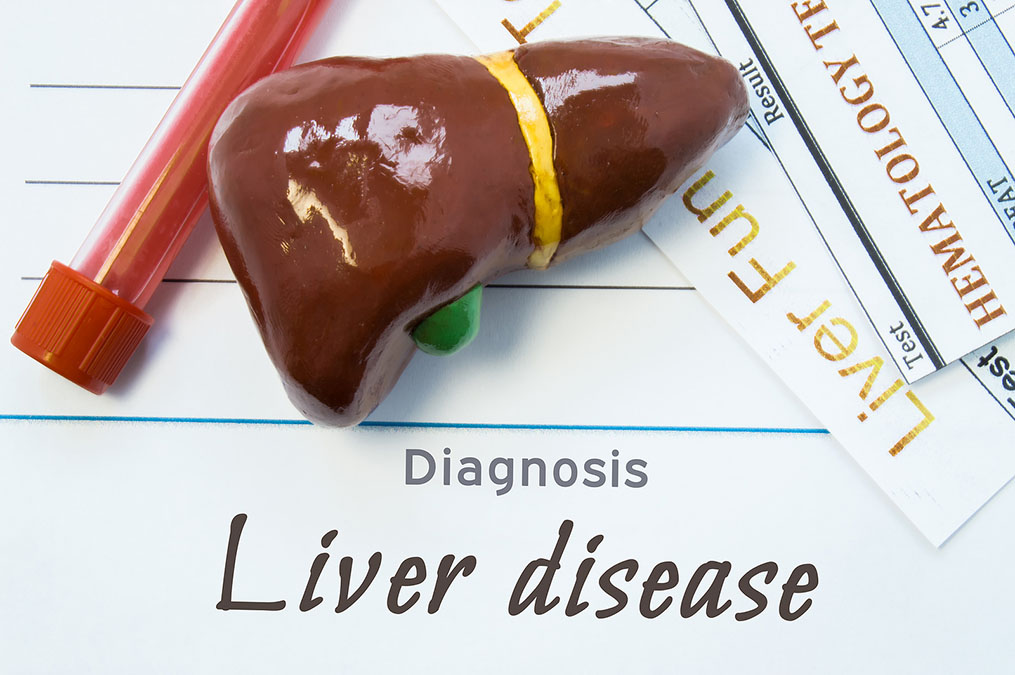 If you’ve been diagnosed with nonalcoholic fatty liver disease (NAFLD), you’ve probably been told to cut down on calories and unhealthy food.
If you’ve been diagnosed with nonalcoholic fatty liver disease (NAFLD), you’ve probably been told to cut down on calories and unhealthy food.
But according to new research in Cell Metabolism it’s not about what you eat but when.
The research team conducted their study using mice models, which were fed a diet mimicking the high-sugar, high-fat content typical of a Western diet. This method was designed to induce conditions akin to human metabolic syndrome, including obesity and liver inflammation.
They monitored and compared two groups of mice. One group had constant access to food, leading them to gain weight and develop signs of liver disease.
The other group underwent a 5:2 intermittent fasting regimen. They fasted for two non-consecutive days each week, eating freely on the other five days.
Despite consuming a similar number of calories as the control group over the week, the fasting mice showed remarkable health benefits.
Let’s look at the findings:
-
1. The fasting group maintained a healthier weight.
2. The fasting schedule effectively prevented the onset of steatohepatitis, reduced liver fibrosis (scarring), and even stopped the progression to liver cancer.
3. The protective effects of fasting were linked to the activation of specific proteins in the liver - PPARα and PCK1. These proteins play a crucial role in breaking down fats and sugars, preventing the buildup of fat in the liver.
4. The health benefits were not due to reduced calorie intake alone, suggesting that the timing and pattern of meals play significant roles in managing liver health.
As such, this research offers hope for a perfectly natural, manageable approach to a health issue that is starting to overwhelm global health systems.
A 5:2 intermittent fasting diet is one in which you eat normally for five days of the week and restrict your calorie intake on the remaining two days. There must be at least one normal day between the two fasting days.
There are no specific restrictions on what you can eat during the five normal days, but it’s probably better if you eat what you like without going too far overboard with, for example, daily fast food.
On the calorie-restricted days, you should eat no more than 500 (for women) or 600 (for men) calories per day. Here it’s better to drink only water and spend your meager calories on foods such as non-starchy vegetables, lentil soup, low-fat Greek yoghurt, lean meat, or grilled skinless chicken.

 Overcoming IBD
Overcoming IBD Multiple Sclerosis
Multiple Sclerosis Banishing Bronchitis
Banishing Bronchitis Gum Disease Gone
Gum Disease Gone Overcoming Onychomycosis
Overcoming Onychomycosis Neuropathy No More
Neuropathy No More The Prostate Protocol
The Prostate Protocol Brain Booster
Brain Booster
 Ironbound
Ironbound
 Solution for Shingles
Solution for Shingles
 The Bone Density Solution
The Bone Density Solution
 The Ultimate Healing Protocol
The Ultimate Healing Protocol
 The Parkinson's Protocol
The Parkinson's Protocol
 The Chronic Kidney Disease Solution
The Chronic Kidney Disease Solution
 Overthrowing Anxiety
Overthrowing Anxiety The Fatty Liver Solution
The Fatty Liver Solution The Hypothyroidism Solution
The Hypothyroidism Solution
 The End of Gout
The End of Gout The Blood Pressure Program
The Blood Pressure Program
 The Oxigized Cholesterol Strategy
The Oxigized Cholesterol Strategy
 Stop Snoring And Sleep Apnea Program
Stop Snoring And Sleep Apnea Program
 The Arthritis Strategy
The Arthritis Strategy The Vertigo & Dizziness Program
The Vertigo & Dizziness Program The 3-Step Diabetes Strategy
The 3-Step Diabetes Strategy Hemorrhoids Healing Protocol
Hemorrhoids Healing Protocol The Erectile Dysfunction Master
The Erectile Dysfunction Master Weight Loss Breeze
Weight Loss Breeze The IBS Program
The IBS Program The Insomnia Program
The Insomnia Program The Migraine and Headache Program
The Migraine and Headache Program The Neck Pain Solution
The Neck Pain Solution The Menopause Solution
The Menopause Solution The Ejaculation Master
The Ejaculation Master The TMJ Solution
The TMJ Solution The Acid Reflux Solution
The Acid Reflux Solution The Fibromyalgia Solution
The Fibromyalgia Solution The Psoriasis Strategy
The Psoriasis Strategy